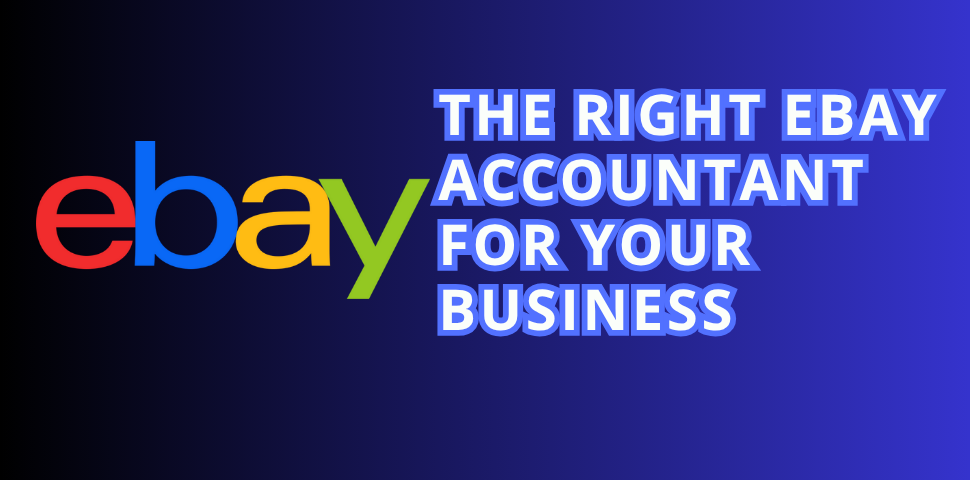
Equitable ownership refers to the situation where an individual possesses the benefits and burdensof ownership of a property, even though they do not hold the legal title. This concept is rooted inequity law, which aims to achieve fairness and justice. Equitable ownership is often contrasted withlegal ownership, where the legal title is held by an…

Equitable ownership refers to the situation where an individual possesses the benefits and burdensof ownership of a property, even though they do not hold the legal title. This concept is rooted inequity law, which aims to achieve fairness and justice. Equitable ownership is often contrasted withlegal ownership, where the legal title is held by an…

Equitable ownership refers to the situation where an individual possesses the benefits and burdensof ownership of a property, even though they do not hold the legal title. This concept is rooted inequity law, which aims to achieve fairness and justice. Equitable ownership is often contrasted withlegal ownership, where the legal title is held by an…

Running an online business through Shopify offers tremendous opportunities, but it also brings challenges, especially when it comes to taxes. As a Shopify store owner, one of the most critical yet complex responsibilities is understanding and managing taxes. Managing and recording sales tax can be particularly complicated, as it involves accurately keeping track of collected…

The world of e-commerce offers endless opportunities for entrepreneurs to build and grow their online businesses. Shopify, one of the most popular e-commerce platforms, provides a seamless way for business owners to set up online stores, manage inventory, and process payments. However, as your Shopify store grows, one crucial aspect of running an online business…

Essential Guide to Hiring the Right eBay Accountant for Your Business Introduction to Accounting for eBay Sellers To maintain accurate financial records and ensure compliance with tax laws, eBay sellers should follow a comprehensive accounting checklist. This checklist includes regularly recording all eBay transactions, such as sales, fees, shipping costs, and refunds, to maintain detailed…

Introduction As the world continues to move toward digital-first experiences, Shopify has emerged as one of the most popular e-commerce platforms for entrepreneurs. It provides the tools and flexibility needed to run an online store, manage inventory, and market products to a global audience. However, running a Shopify store isn’t just about setting up a…
Inheritance tax (IHT) is one of the most important considerations when it comes to managing an estate. In countries like the United Kingdom, the U.S., and other parts of the world, it’s a tax levied on the estate (which can include property, money, and possessions) of someone who has died. Understanding the limits and rules…
Bookkeeping and accountancy are fundamental components of financial management that play crucial roles in the operation and success of businesses. While they are often used interchangeably, they refer to different aspects of managing financial information. Bookkeeping involves the systematic recording of financial transactions, whereas accountancy encompasses a broader scope, including the interpretation, analysis, and reporting…
Running an ecommerce business is a lucrative venture, but it comes with its fair share of challenges, especially when it comes to accounting. With multiple transactions, inventory management, and financial reports, staying on top of your ecommerce accounting process can be overwhelming. However, by streamlining and optimizing your accounting procedures, you can not only save…